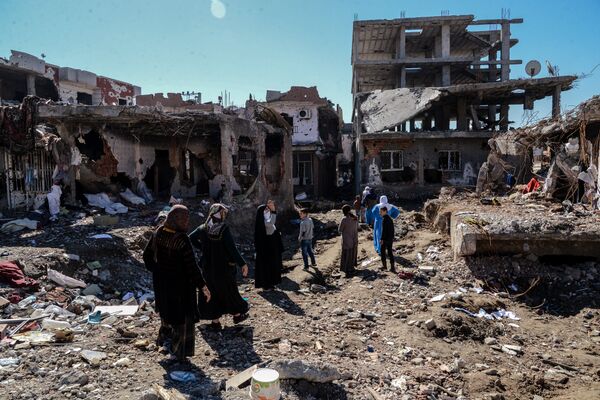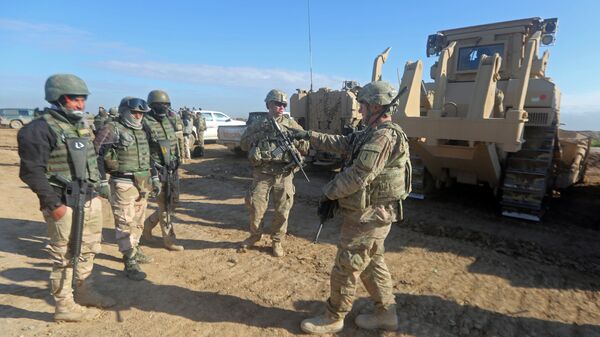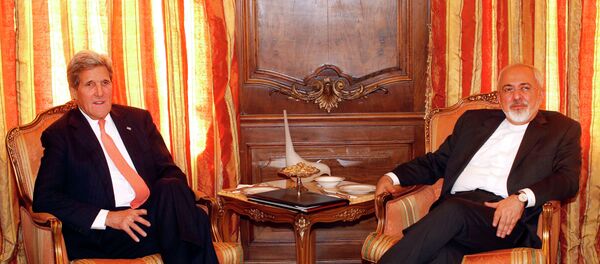It all comes down to priorities and the message. The US, according to, the former advisor to Iraqi President Jalal Talabani, has failed to properly address both of these issues. Washington has chosen an incorrect strategy that focuses on a limited military response to Daesh and has failed to craft a correct message explaining its campaign to the Iraqis.
The US has not focused on "creating political stability in the country or forging a new political path" following the 2003 invasion of Iraq, he explained. Washington has also failed to "come up with a proper alternative" to the Saddam regime after destroying it.
Instead, US leadership chose to engage with what Osman described as "the government of the day," often viewed by ordinary people as sectarian and not representative of all communities living in the country. In addition, the US-led anti-Daesh campaign has been conducted in a way that does not address core issues.
As a result, Washington's counterterrorism efforts have been seen "as America not being very serious" about degrading and destroying Daesh. It is hardly surprising then that the US image among Iraqis fell from 38 percent favorable in December 2014 to 18 percent in August 2015, a State Department inspector general report has shown.
Osman also offered Washington's relations with Turkey as an example of sending the Iraqis a wrong message when it comes to dealing with Daesh. On the one hand, Washington claims that it is determined to tackle Daesh. On the other, the US views Ankara as one of its key allies in the region and does not try to pressure Erdogan to stop supporting radicals, the analyst added.

Moreover, Washington, according to Osman, is "turning a blind eye" on Turkey's crackdown on the Kurds, who are one of the few ground forces capable of fighting against Daesh.
Nevertheless, "international involvement is needed," he emphasized. "Iraq needs everybody, not just Washington. Iraq needs Moscow and Washington to be blunt." The exact nature of the engagement also matters. "If Washington's involvement is only for domestic American consumption, no, this is not needed," the analyst noted.
This engagement, he explained, needs to not only have a strong military component, but also a political one.
"The Sunni Arab population of the country felt marginalized and oppressed by the Shia-led government," he noted. The Iraqi government has to secure their support if it truly wants to eradicate Daesh. "So far there has not been a serious attempt to bring" the Sunnis on board against Daesh, he observed.



